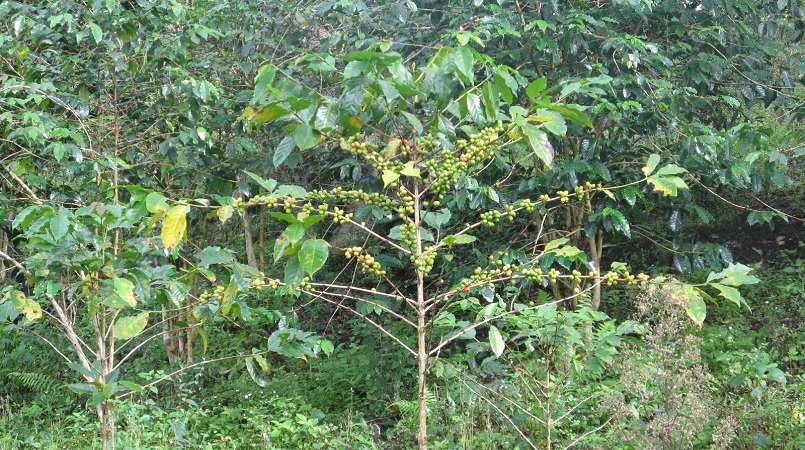
A new grading system for green coffee beans will see smallholder growers get the same price for their produce based on the cupping quality.
The grading system was proposed by the Coffee Industry Corporation (CIC) and prepared by the biological standards committee of the National Institute of Standards and Industrial Technology (NISIT).
Senior quality officer Rose Romalus announced this during a presentation to some 35 extension officers working for Lead Partners of CIC’s productive partnerships in agriculture project (PPAP).
The field officers attended a week-long workshop held at Coffee Research Institute, Aiyura, Eastern Highlands Province, last month.
The revised green bean standard is good news for some two million plus smallholder growers who account for 85 percent of coffee produce in a year.
This announcement will definitely lift growers’ interest and will also boost the industry rehabilitation efforts under the PPAP, aim at improving production and quality at smallholder growers’ level.
The proposal, which is awaiting approval facilitated by NISIT, will bring the current grades for Arabica coffee from 12 down to only five.
The new grades are A, B, Y, Y2 and Y3. The current exportable grades used by the industry include AA, A, AB, C, PB, X, E, PSC, Y1, Y2, Y3 and T.
For Robusta coffee, it increases the number of grades applicable to Robusta from two to three, introducing a new top grade to allow for the possible development of specialty qualities of Robusta in the future.
The new Robusta grades are R1, R2 and RT in order to prevent any confusion with the grading denominations used for Arabica.
Romalus explained the current standard is based on where coffee was produced, whether on smallholder gardens or plantation.
It also takes into consideration the size of the bean and defect levels.
“The current scenario is price for green beans, produced by smallholder growers, is lower even if it is of the same or higher quality than produce from plantation and estates.
“This situation discriminates our smallholder growers,” Romalus said.
